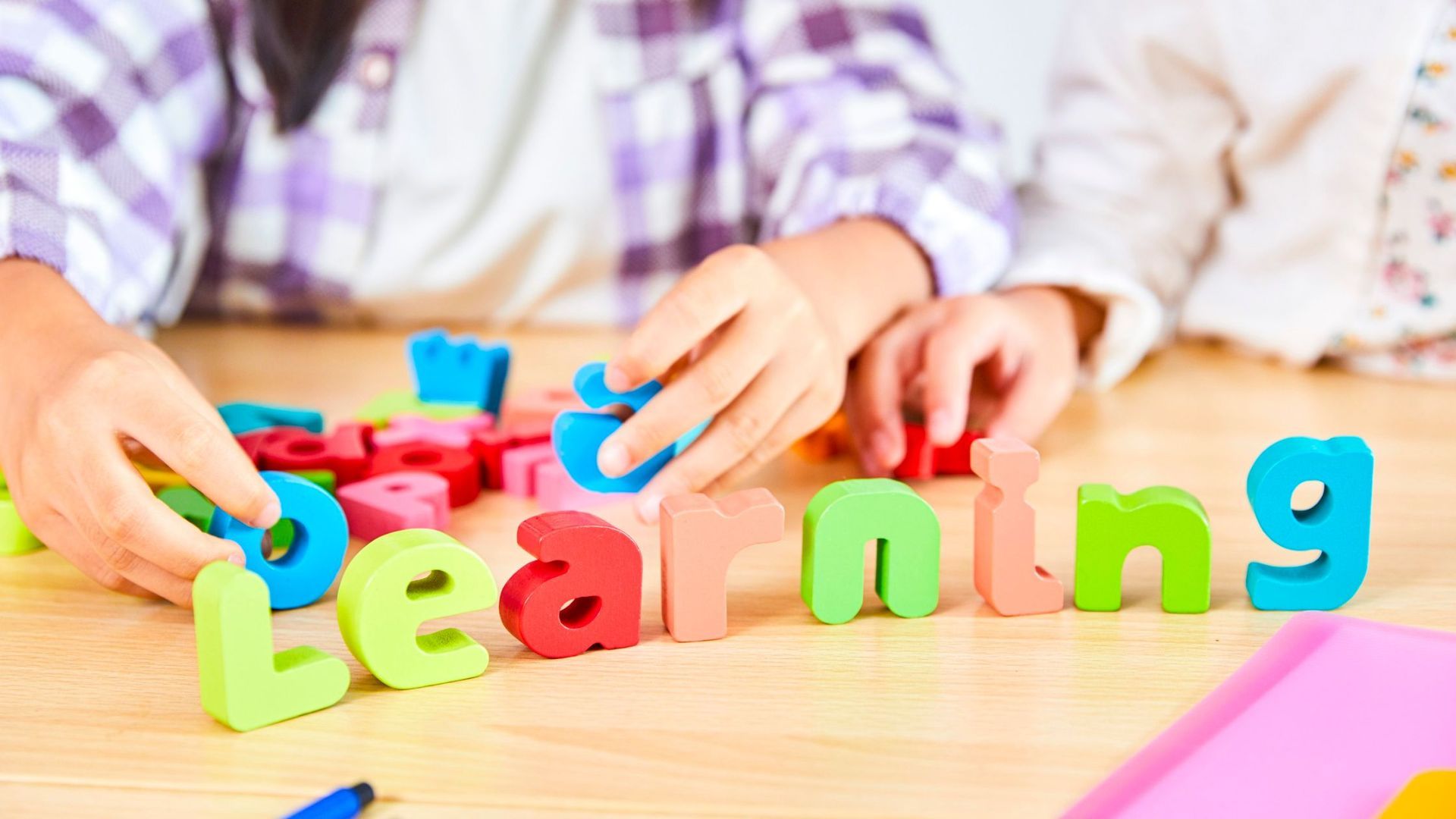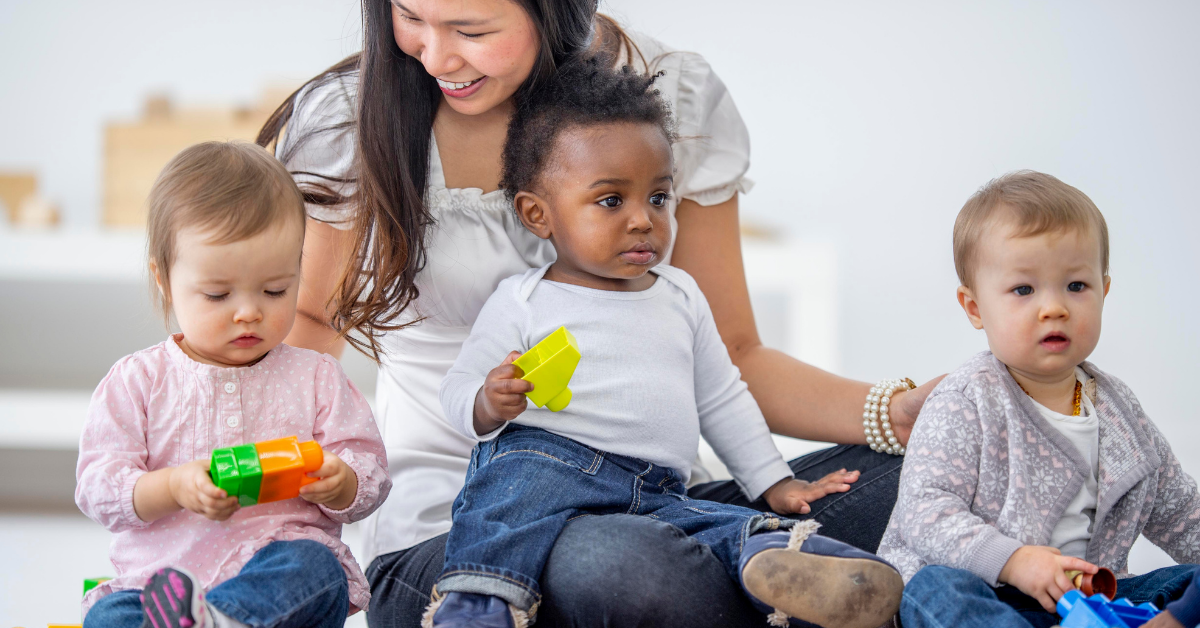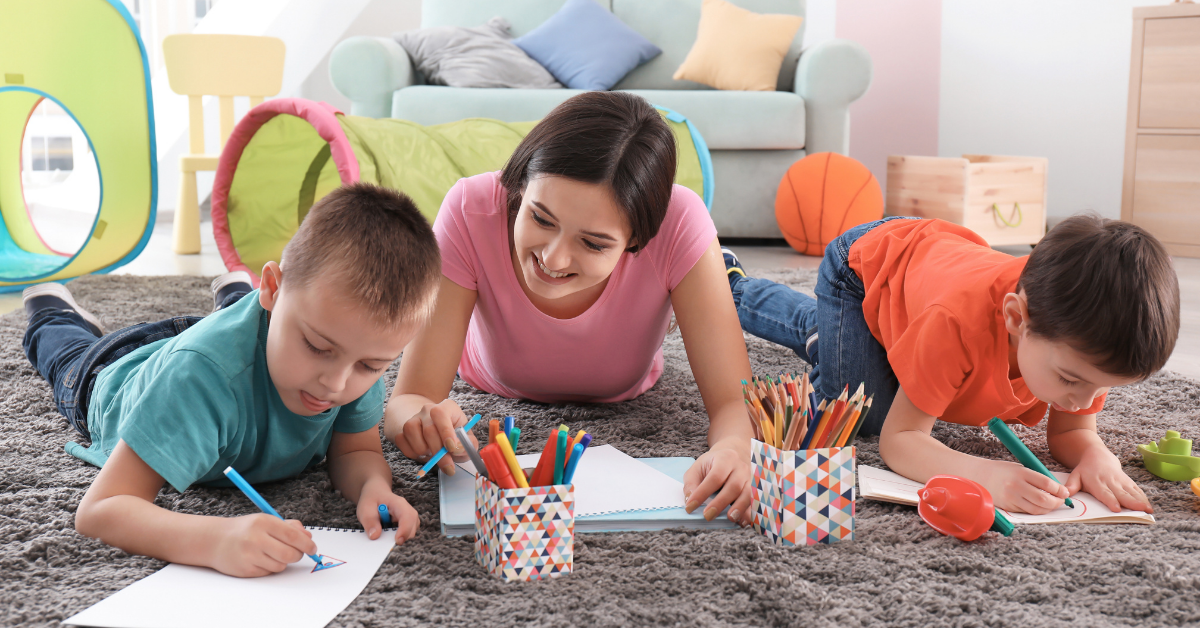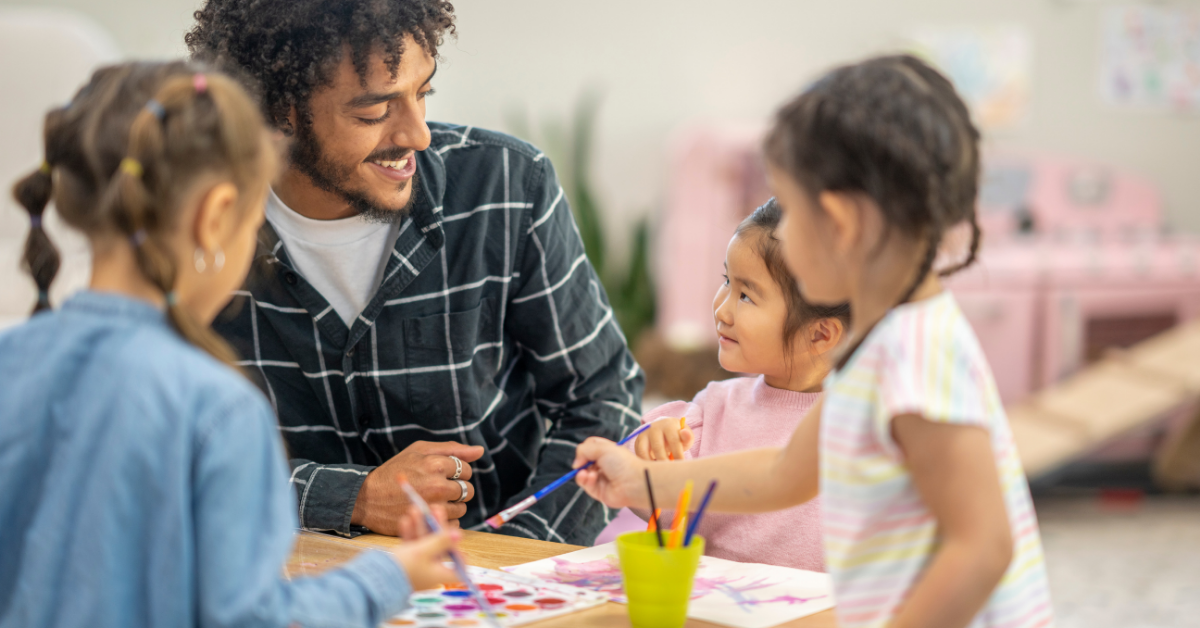How Outdoor Play Boosts a Child’s Physical and Mental Development

Introduction
Outdoor play is more than just a way for children to have fun—it is essential for their physical health, cognitive development, and emotional well-being. In today’s digital world, children are spending more time indoors, which can limit their exposure to physical activities and social interactions. Playing outside allows kids to explore, develop motor skills, engage with nature, and improve their mental health. This article explores the numerous benefits of outdoor play and how it contributes to a child’s holistic development.
The Physical Benefits of Outdoor Play
Enhances Gross and Fine Motor Skills
Running, jumping, climbing, and balancing all contribute to the development of gross motor skills, while activities like picking up small objects or playing in the sand improve fine motor skills.
Encourages a Healthy Lifestyle
Regular outdoor activity helps prevent childhood obesity by promoting movement and exercise. Active children are more likely to maintain a healthy weight and develop strong muscles and bones.
Boosts Immune System Function
Exposure to fresh air and natural elements strengthens the immune system, making children more resilient to common illnesses. Playing in different environments also reduces sensitivity to allergens.
Promotes Better Sleep
Engaging in outdoor activities expends energy, which helps children sleep better at night. Natural light also regulates their internal body clock, promoting healthier sleep patterns.
The Mental and Emotional Benefits of Outdoor Play
Reduces Stress and Anxiety
Outdoor play provides an opportunity for children to unwind, reducing stress levels and helping them manage emotions effectively. Nature has a calming effect that supports emotional balance.
Stimulates Creativity and Imagination
Unstructured outdoor play allows children to use their imagination freely. Whether they’re pretending to be explorers or building structures with natural materials, their creativity flourishes in an open environment.
Improves Focus and Attention Span
Exposure to nature has been linked to improved concentration and attention in children, particularly those with ADHD. Outdoor play helps them process information better and enhances problem-solving skills.
Builds Social Skills and Confidence
Playing with peers in an open space encourages communication, teamwork, and cooperation. These interactions help children build confidence, navigate social dynamics, and develop essential life skills.
Encouraging More Outdoor Play
- Create a Routine – Set aside daily outdoor playtime, whether in a backyard, park, or playground.
- Provide Safe and Engaging Outdoor Activities – Offer options like sports, scavenger hunts, and nature walks.
- Limit Screen Time – Encourage outdoor play by reducing digital distractions and making physical activities more appealing.
- Join in the Fun – Parents and caregivers can participate in outdoor activities, reinforcing the value of play and strengthening family bonds.
Just as outdoor play fosters emotional balance and resilience, parent involvement plays a pivotal role in early childhood education by nurturing a child's emotional development, as discussed in Why Parent Involvement is Key to Early Childhood Education. Additionally, incorporating activities that promote emotional intelligence through play, as explored in Teaching Emotional Intelligence in Early Childhood , enhances a child's ability to manage emotions while benefiting from the physical and social advantages of outdoor experiences. You can also read more about The Power of Positive Reinforcement in Child Development.
Conclusion
Outdoor play is crucial for a child’s overall well-being. It enhances physical strength, mental resilience, and emotional balance while fostering creativity and social skills. Encouraging children to explore the world outside benefits their long-term development and helps them establish healthy habits for life.










